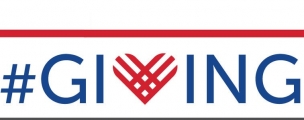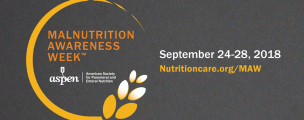Did you think all the hearts everywhere were for Valentine’s Day? Well, maybe. But it’s ALSO because February is American Heart Health Month! We all know our heart health is important — but even still, most of us engage in behaviors that aren’t so great on our tickers. American Heart Month is a time to raise awareness about heart health, and to learn how to reduce your risk of heart disease.
To start things off, here are 4 facts about heart health you may not know… but definitely should.
1. Heart disease kills more Americans every year than all cancers combined. That’s a pretty staggering factoid, but it’s true. Every year, 600,000 Americans die of heart disease – that’s 1 out of every 4 deaths.
2. It’s not only heart attacks. Heart disease is automatically associated with heart attacks, but that’s not the only potential result of an unhealthy heart. Here at Magee, we are particularly concerned with stroke. Stroke occurs when a blood vessel to the brain is blocked or bursts, thus the importance of a healthy heart.
3. It’s preventable and controllable. While certainly there are factors such as genetic predispositions, heart disease can be controlled, and in some cases even prevented, with lifestyle changes. Simple changes such as exercise and a healthy diet can make a big difference. And we know you know this, but seriously: stop smoking. There are tons of smoking cessation programs to help you quit, including many right here in Philadelphia.
4. It costs a whole lotta money. If the aforementioned facts don’t show you just how serious heart health is, maybe this will: heart disease costs the United States more than $300 billion every year. YEAH. That includes the cost of health services, medication, lost productivity and more.
So this February, spread the word about heart health, and vow to make small changes to improve your own. Stay tuned to believe@Magee for tips and advice on heart health all month long!
For information about heart disease, please visit the Centers for Disease Control and Prevention.







